Voices, reeds, ranks, and registers
The richness of an accordion's sound is determined by how many "voices" it has, i.e. the number of banks of reeds, sometimes called reed ranks, that can be played or combined when playing each (usually only treble) note. Combinations of voices are called registers, and almost every accordion is equipped with a series of switches on the right-hand, treble side (above the keyboard), which activate the various treble or tone registers. The number of these register switches varies from model to model, although ultimately they all work to combine two or more reed ranks to give the music you're playing a certain character. The accordion's uniquely shimmering, wavering sound, for example – the tremolo – is achieved by combining two registers, one of them deliberately "mis-tuned" to a slightly different frequency. When looking through all the accordions on offer here, you'll come across models with two, three, or four voices, or reed ranks; very large instruments might even have five. As such, the variety of voice options an accordion has to offer is often indicative of the instrument's quality.
The number of bass keys determines an accordion's size and weight
Because accordions are typically large, heavy instruments, even adults sometimes find them difficult to handle, so they will often choose to play a model with fewer bass options. The more bass keys there are, the larger the body – and the bellows – has to be. Put simply, your arms need to be a certain length to comfortably play instruments with 120 basses, such as the high-end Weltmeister Romance 874 B-Handle Black. Even the extremely popular Startone Accordion C-Handle Black button accordion, with 72 bass buttons, still weighs in at 6.7kg (just under 15lbs). The Hohner Bravo III 96 silent key blue – truly an accordion par excellence, and one which has been extensively revised – is a good deal heavier in its three-voice, 96-bass version, namely 8.6kg (nearly 19lbs).
Compact lightweights: Accordions for kids and learners
Fortunately, many manufacturers make instruments that are perfectly tailored to the needs of younger children and teenagers, in terms of both size and musical features. As noted above, the more basses, the bigger and heavier the instrument: For example, the Startone Kids Accordion Red MKII has only eight bass buttons and as such weighs a mere 3.1kg (6.8lbs), which is manageable even for quite young children. The Hohner XS Children Accordion, a piano accordion developed in cooperation with music teachers, has 15 bass and 21 treble keys and, at 2.9kg (6.3lbs), is even lighter than the Startone. Most children's accordions are single-voiced, although some have two voices. (Curiously, the two-voice instruments are usually given three register switches, two of which are identical, triggering the same function.) Either way, anyone planning to buy an accordion for their loved ones will be paving the way for them to take up a wonderful hobby – or even more.
At Thomann, you can buy accordions from popular brands like:
Weltmeister | Hohner | Startone | Thomann | Strasser | Roland | Scandalli | Beltuna | Lanzinger | Kärntnerland | Landerer | ...and many more
Welcome to Treppendorf, the accordionist's paradise
Being able to play the accordion is an ability like no other – indeed, it is a unique and enviable skill. After all, there are few instruments that are capable of such musical diversity: Accordions are used in Folk music the world over, from Ireland to Argentina, from the heights of the Alps (the Styrian accordion) to the romantic streets of Paris (the rich, dreamy "musette" tuning). The simple squeezebox has earned our appreciation – and you deserve to find and fall in love with exactly the right instrument. Take a look around our online shop, or visit our store in Treppendorf to test a few models and marvel at our huge range… you'll feel like you're in accordion paradise! We'll see you there!

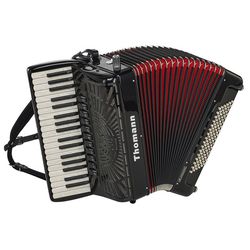
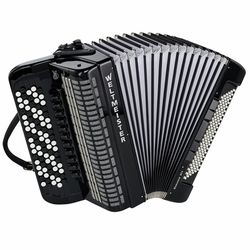
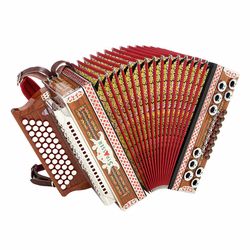
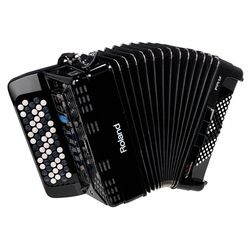
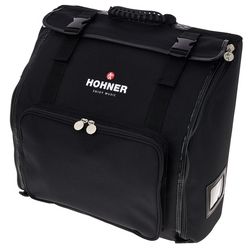
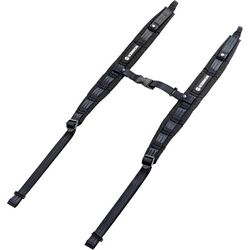
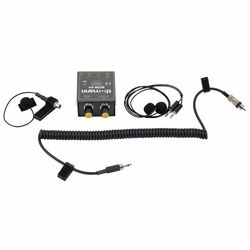


)